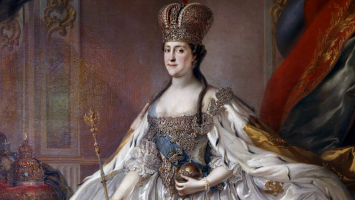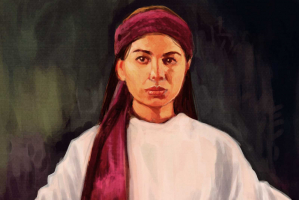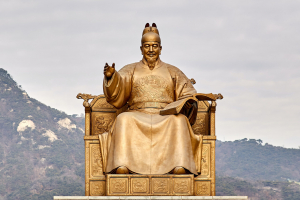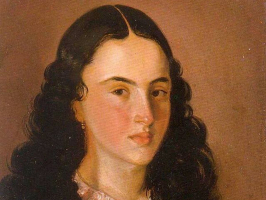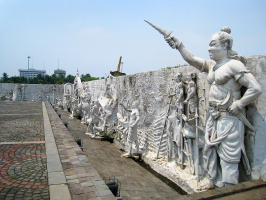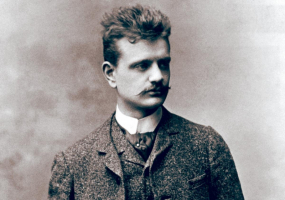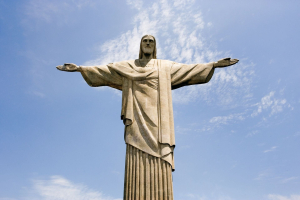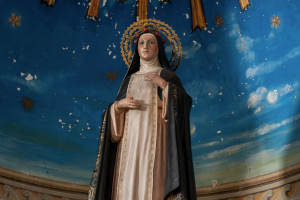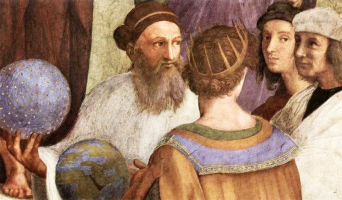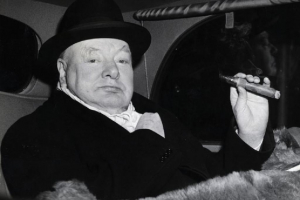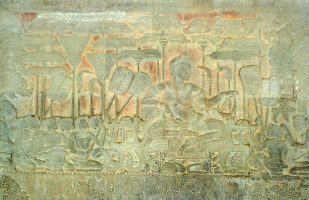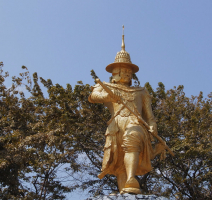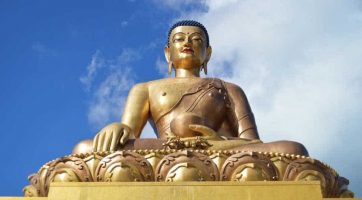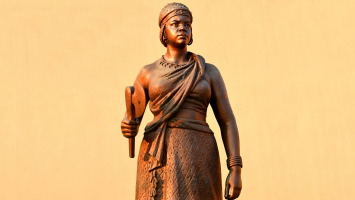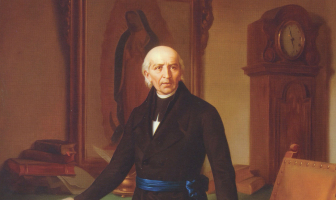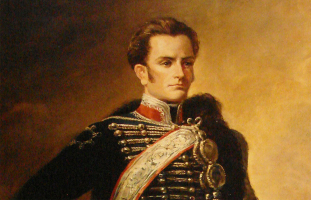Top 7 Most Important Historical Figures In Germany
The religious, cultural, and traditional diversity of the German people rivals that of any other nation. The nation is renowned for its peoples' rich history, ... read more...which includes politics, art, literature, Christian values, philosophy, logic, and reason. Find out with Toplist the most important historical figures in Germany.
-
One of the best and most influential physicists of all time, Albert Einstein was a theoretical physicist who was born in Germany. The theory of relativity is what Einstein is most famous for, although he also made significant contributions to the theory of quantum mechanics. Together, relativity and quantum mechanics form the foundation of contemporary physics. The relativity theory-derived mass-energy equivalence formula he developed, E = mc2, has been labeled "the most famous equation in the world." His writing is also renowned for its impact on scientific thought. His discovery of the law of the photoelectric effect, which was a crucial milestone in the development of quantum theory, earned him the 1921 Nobel Prize in Physics. His creativity and intellectual prowess led to "Einstein" coming to represent genius.
However, it is said that his brain was removed and studied, albeit without his consent, resulting in the alleged discovery of an additional folding in the grey matter, which may have explained his brilliance. But the idea has been proven false.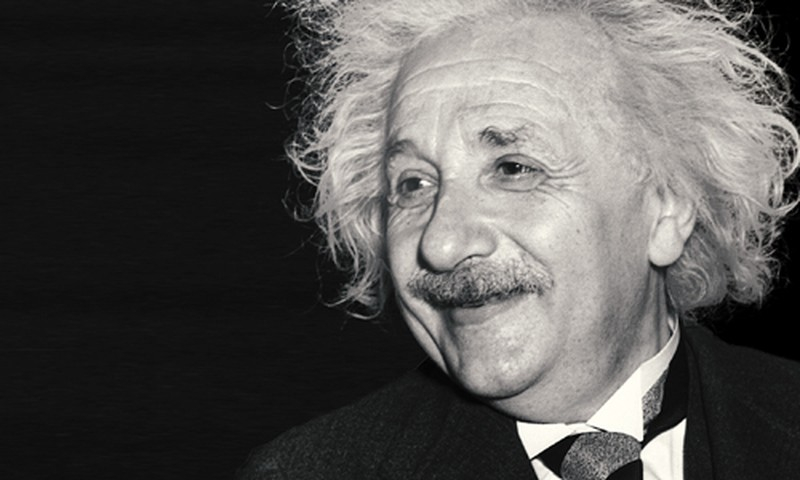
Photo: VnExpress - Albert Einstein 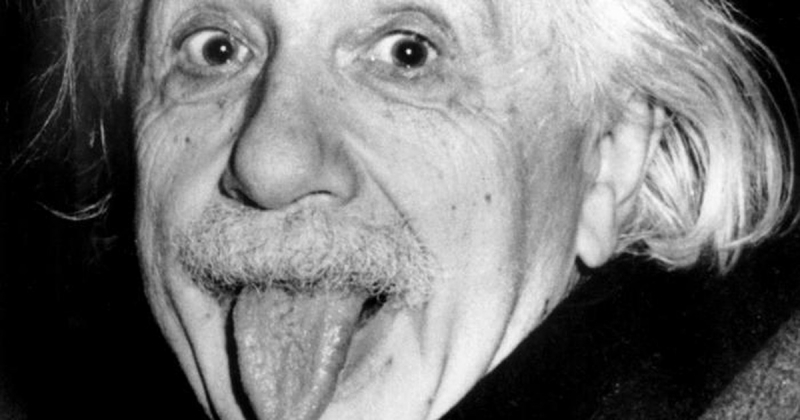
Photo: SOHA - Albert Einstein -
German statesman and diplomat Otto von Bismarck held conservative political views. From his beginnings as a member of the upper class of Junker landowners, Bismarck moved quickly through the ranks of Prussian politics, serving as the country's minister-president and foreign minister from 1862 until 1890. Prior to his promotion to the executive branch, he served in both houses of the Prussian Parliament and as the country's ambassador to France and Russia. He oversaw the unification of Germany in 1871 and presided over European affairs as the first Chancellor of the German Empire until 1890.
In addition to his duties in the Kingdom of Prussia, he had held the position of chancellor of the North German Confederation, the forerunner to the German Empire, from 1867 to 1871. In order to unite the numerous German nations, he worked alongside King Wilhelm I of Prussia; this collaboration would last the rest of Wilhelm's life. In 1865 and 1871, respectively, the King bestowed upon Bismarck the titles of Count of Bismarck-Schönhausen and Prince of Bismarck. Bismarck sparked three swift, successful wars with France, Austria, and Denmark.
After defeating Austria, he disbanded the transnational German Confederation and established the North German Confederation as the first German national state, uniting the weaker North German nations behind Prussia while keeping Austria out of it. He established the German Empire, which excluded Austria, and united Germany after receiving the assistance of the independent South German nations in the Confederation's victory over France.
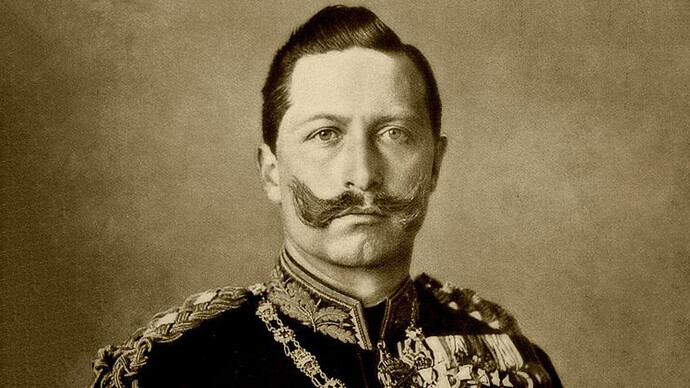
Photo: Meer - Otto von Bismarck 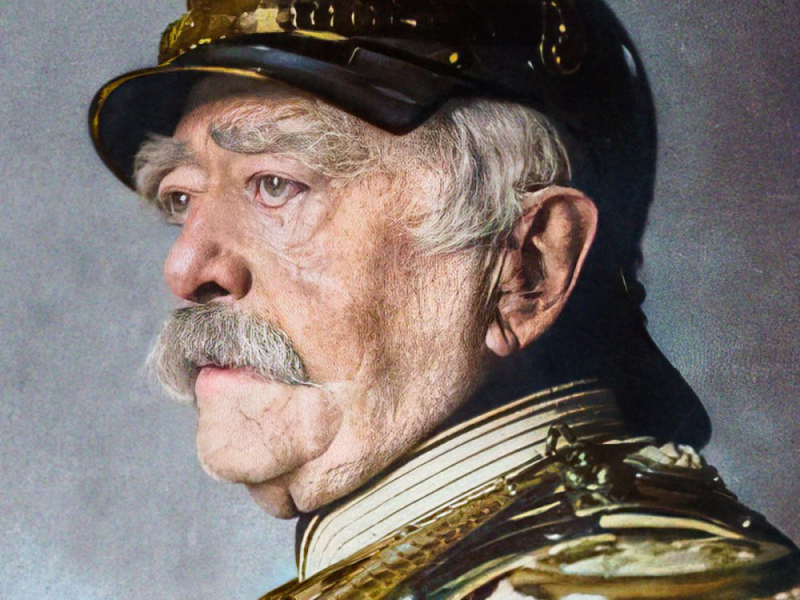
Photo: Marina Amaral - Otto von Bismarck -
A visionary mystic, composer, and German abbess named Hildegard of Bingen was superior to some nunnery groups. She was raised in a religious household and was rumored to have experienced visions as a young child. She was educated in Catholic institutions, had noble parents, and began wearing the habit at the age of 15. She also led a pious lifestyle.
With the aid of a monk, Hildegard of Bingen had her visions written down, resulting in "Scivias," which contained 26 apocalyptic and prophetic visions. Their topics include the church, the divine-human relationship, and atonement.
In or around 1147, she and a few other nuns established a new monastery at Rupertsberg where she continued to use her talent and keep a journal of her visions.
As she traveled the country, evangelizing to big crowds about her visions and religious insights, Hildegard became well-known in Germany. She was a gifted poet and composer; she wrote the music for each of the 77 lyric poems she wrote. In the Catholic church in Germany, she is a respected figure.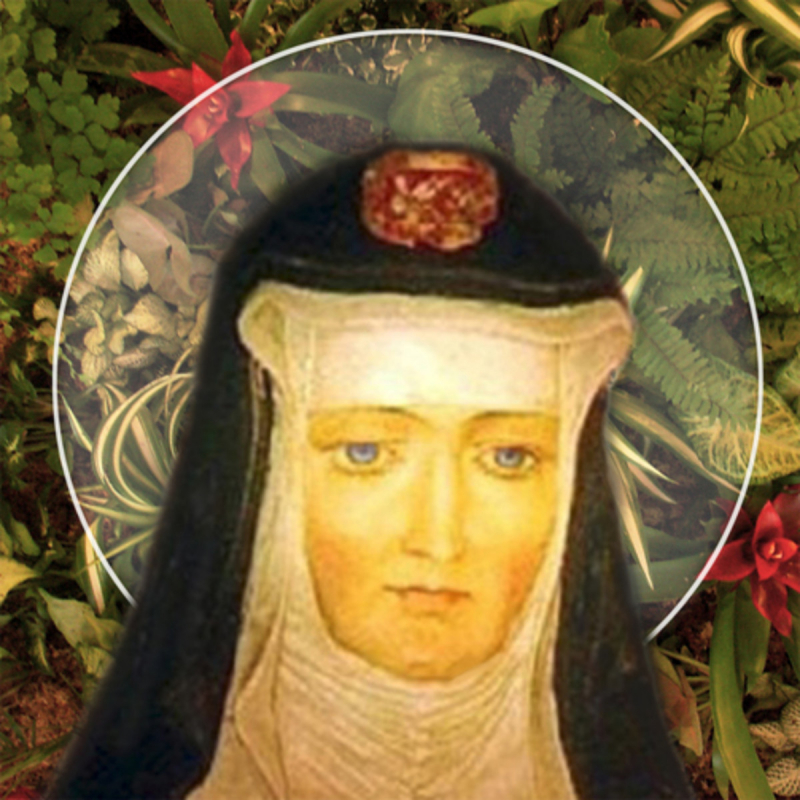
Photo: Franciscan Media - Saint Hildegard of Bingen 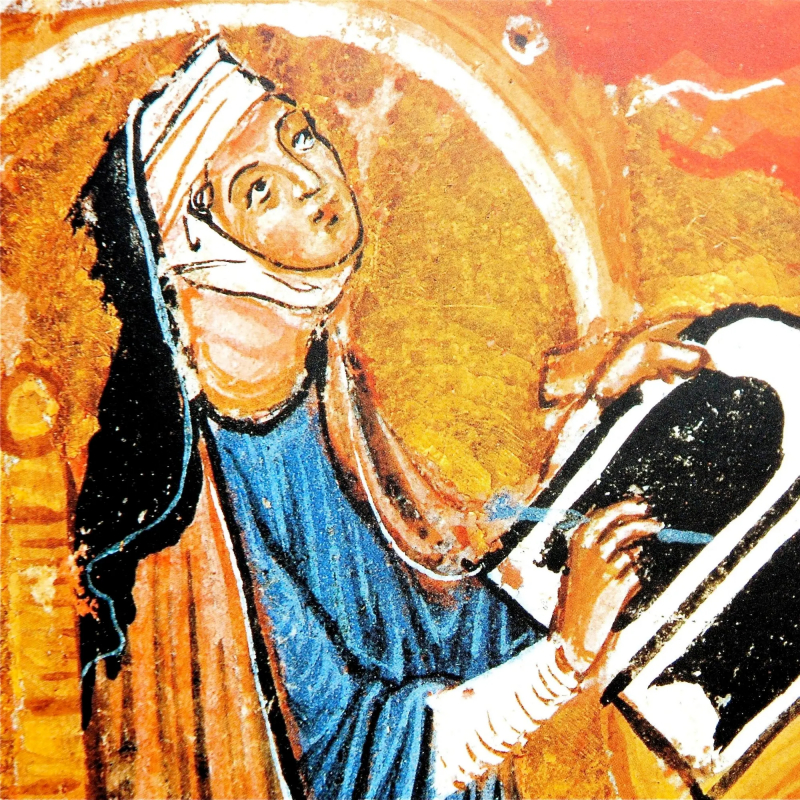
Photo: Ars Mineralis - Hildegard von Bingen -
During the Nazi era, Reinhard Heydrich held high-ranking positions in the German SS and police and was a key architect of the Holocaust. He oversaw the main office for Reich security (including the Gestapo, Kripo, and SD). Additionally, he served as Stellvertretender Reichsprotektor for Bohemia and Moravia. He presided over the Wannsee Conference in January 1942, which formalized plans for the "Final Solution to the Jewish Question"—the deportation and annihilation of all Jews in German-occupied Europe. He also served as president of the International Criminal Police Commission (ICPC, later known as Interpol).
Heydrich is regarded by many historians as the Nazi regime's most evil character. He was referred to as "the guy with the iron heart" by Adolf Hitler. He was the founding leader of the Sicherheitsdienst (SD), an intelligence agency tasked with locating and eliminating Nazi Party resistance through arrests, deportations, and executions. On November 9-10, 1938, he assisted in planning Kristallnacht, a series of synchronized attacks against Jews across Nazi Germany and some areas of Austria. The Holocaust was foreshadowed by the attacks, which were carried out by SA stormtroopers and civilians.
Heydrich arrived in Prague with the intention of eradicating resistance to the Nazi occupation through the repression of Czech culture and the deportation and execution of members of the Czech resistance. He bore direct responsibility for the Einsatzgruppen, the special task forces that followed the German armies and killed over two million people, including 1.3 million Jews, through mass shooting and gassing.
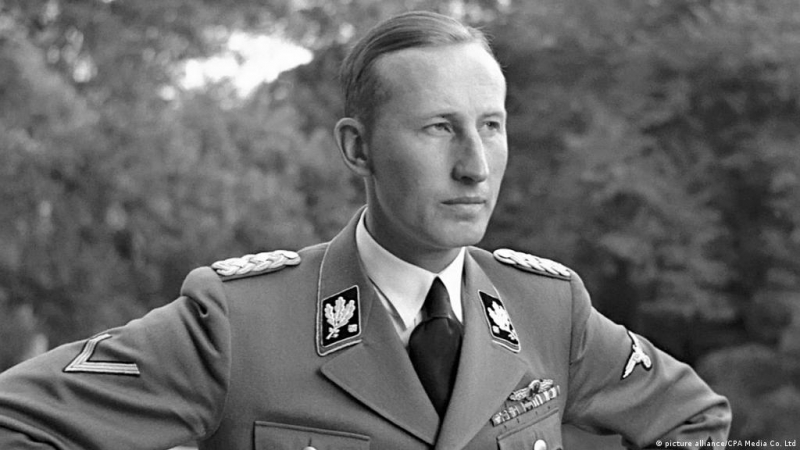
Photo: DW - Reinhard Heydrich 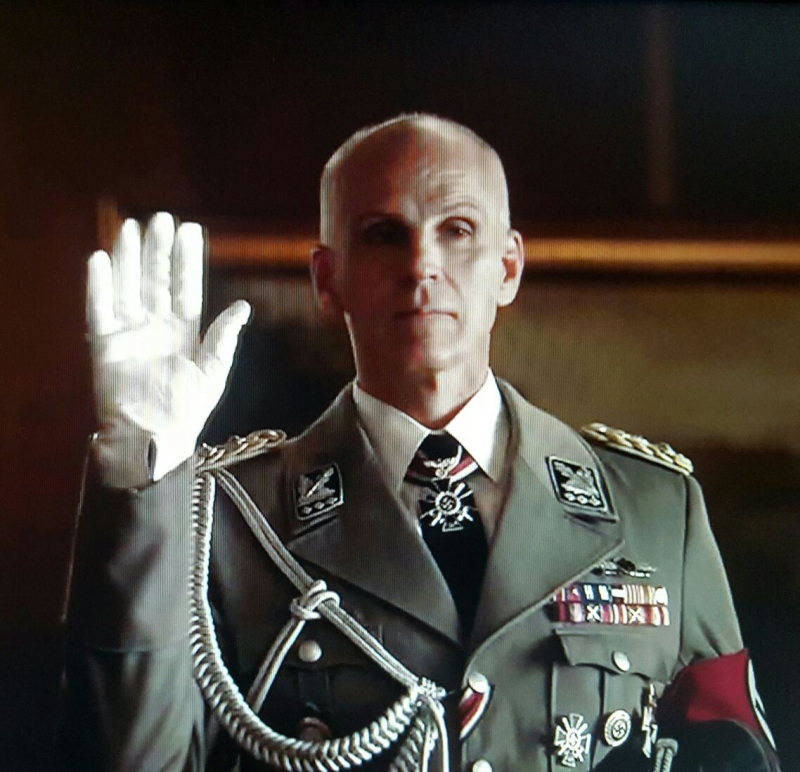
Photo: Scoopnest - Heydrich -
A pianist and composer from Germany, Ludwig van Beethoven. Beethoven is still regarded as one of the most revered musicians in Western music history; his compositions are among the most often performed in the classical music repertoire and mark the change from the Classical to the Romantic periods.
In Bonn, Beethoven was born. From an early age, his musical talent was apparent. At first, his father, Johann van Beethoven, educated him sternly and rigorously. After receiving instruction from composer and conductor Christian Gottlob Neefe, Beethoven went on to publish his first piece, a collection of keyboard variations, in 1783. He was able to escape a problematic home situation thanks to Helene von Breuning's family, whose kids he adored, got along with, and taught piano to.
Traditionally, his career has been broken down into early, middle, and late phases. Most people believe his formative years, when he developed his skill, to have lasted until 1802. His middle phase, which spans from 1802 to around 1812, is frequently referred to as heroic and demonstrated a distinct departure from the styles of Joseph Haydn and Wolfgang Amadeus Mozart. He started to become more and more deaf over this period. He expanded his musical form and expressive advances in his final phase, which spanned 1812 to 1827.
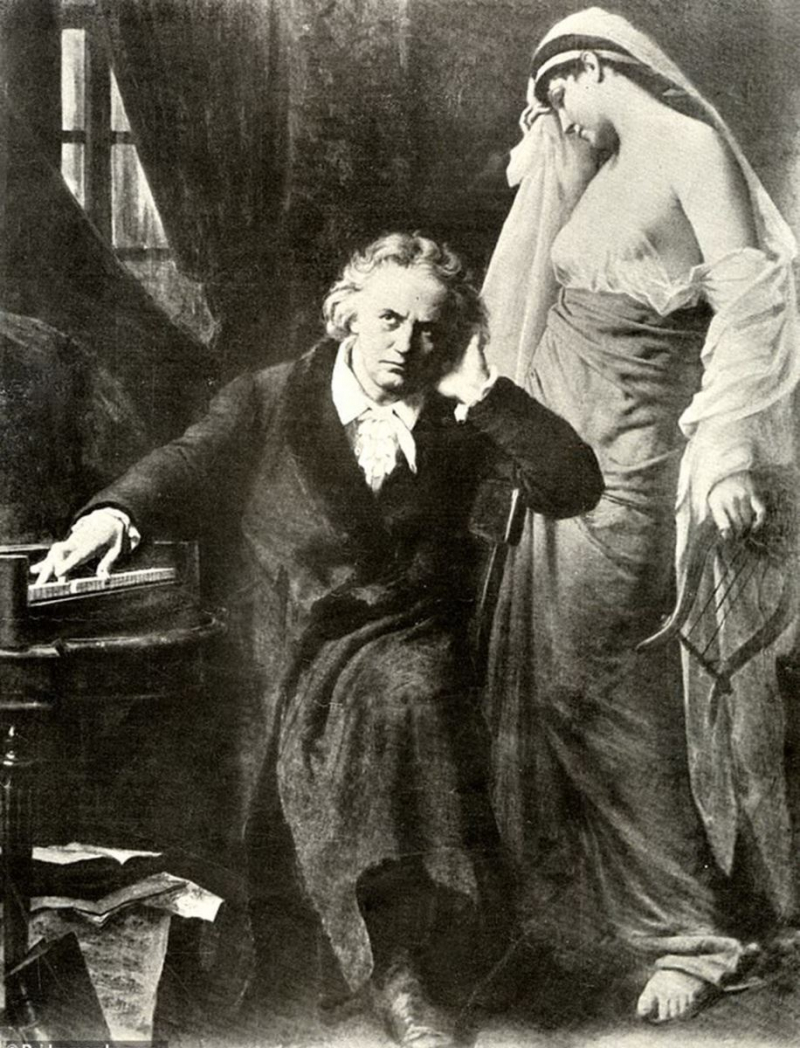
Photo: IECS - Ludwig van Beethoven 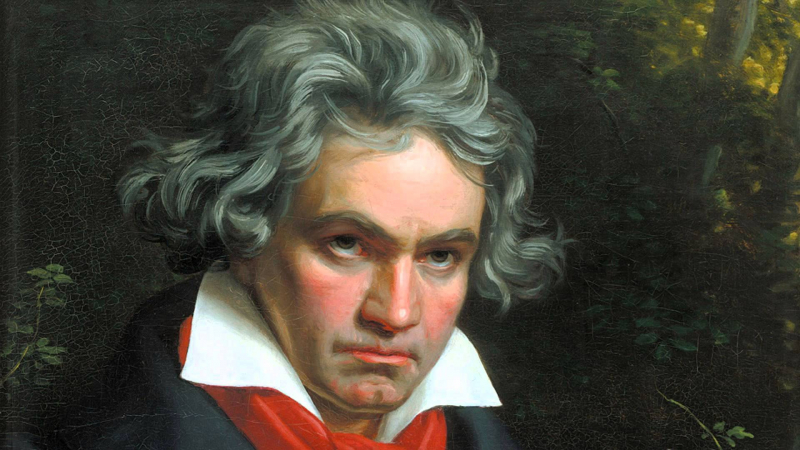
Photo: SOHA - Ludwig Van Beethoven -
One of the most important historical figures in Germany is Adolf Hitler. The Holocaust and World War II in Europe were caused by Adolf Hitler's policies. Hitler participated in World War I military service and received the Iron Cross twice for valor.
He rose to the position of party head for the National Socialist German Workers (Nazi) Party after the war. He supported Pan-Germanism, anti-Semitism, and anti-communism as a leader while criticizing the Treaty of Versailles. During the Great Depression, his captivating oratory, supported by Nazi propaganda, gained a sympathetic audience in Germany.As chancellor in 1933, Hitler immediately solidified his position of authority. After assuming the position of Führer in 1934, he quickly converted Germany into a one-party totalitarian dictatorship. In his first six years in office, Germany's economy recovered quickly from the Great Depression, World War I-era restrictions were lifted, and regions inhabited by millions of ethnic Germans were annexed.
The start of World War II in Europe is often regarded as being mostly due to Hitler's belligerent foreign policies. The British and French declared war on Germany after he oversaw a massive rearmament program and attacked Poland on September 1st, 1939.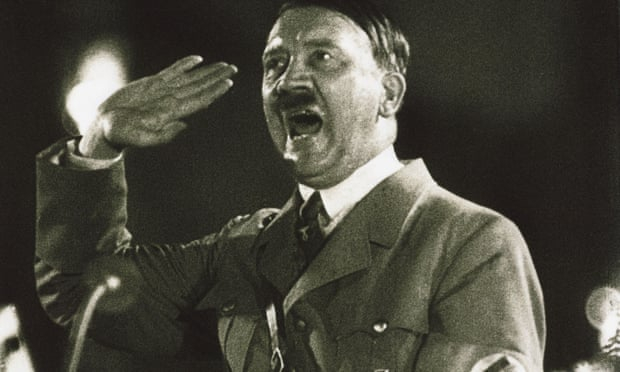
Photo: Wikipedia - Adolf Hitler 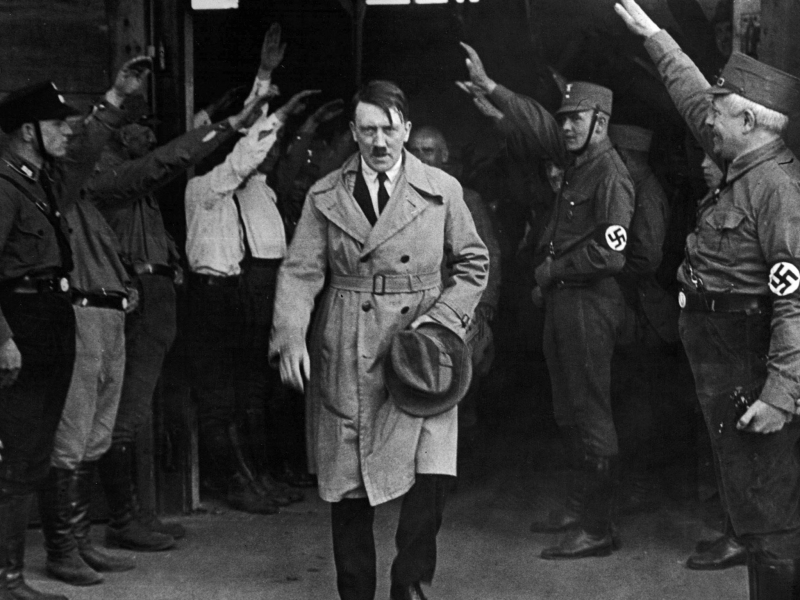
Photo: Gia Lai Newspaper - Adolf Hitler fascist boss -
German philosopher and reformer Martin Luther is credited with starting the Protestant Reformation in the 16th century. Luther sparked a movement that changed several fundamental Christian doctrines by his words and deeds, dividing Western Christendom between Roman Catholicism and the new Protestant faiths, primarily Lutheranism, Calvinism, Anglicanism, the Anabaptists, and the anti-Trinitarians. He is among the most important people in the development of Christianity.
Luther's family relocated from Eisleben to Mansfeld, a tiny town 10 miles (16 km) to the northwest, not long after Luther was born. In 1492, his father, Hans Luther, a successful local copper refiner, was elected to the Mansfeld town council. Apart from his memories as an old man, there are few sources of knowledge regarding Martin Luther's boyhood; it is understandable that they appear to be influenced by a certain romantic nostalgia.
At the request of Pope Leo X in 1520 and the Holy Roman Emperor Charles V at the Diet of Worms in 1521, he refused to renounce any of his writings, which led to his excommunication by the Pope and his sentencing as an outlaw by the Emperor.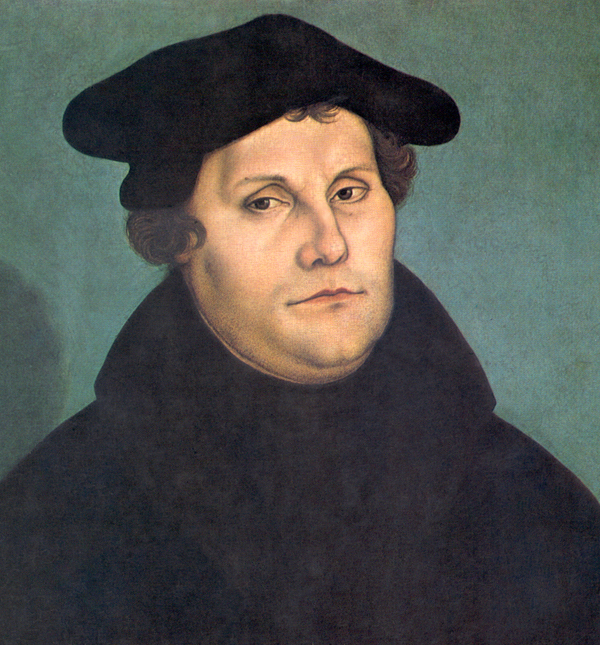
Photo: Wikipedia - Martin Luther by Cranach 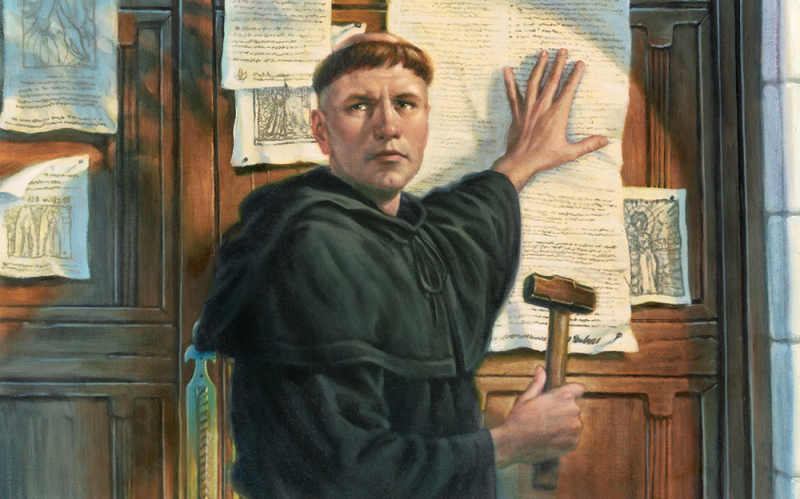
Photo: DW - Martin Luther









